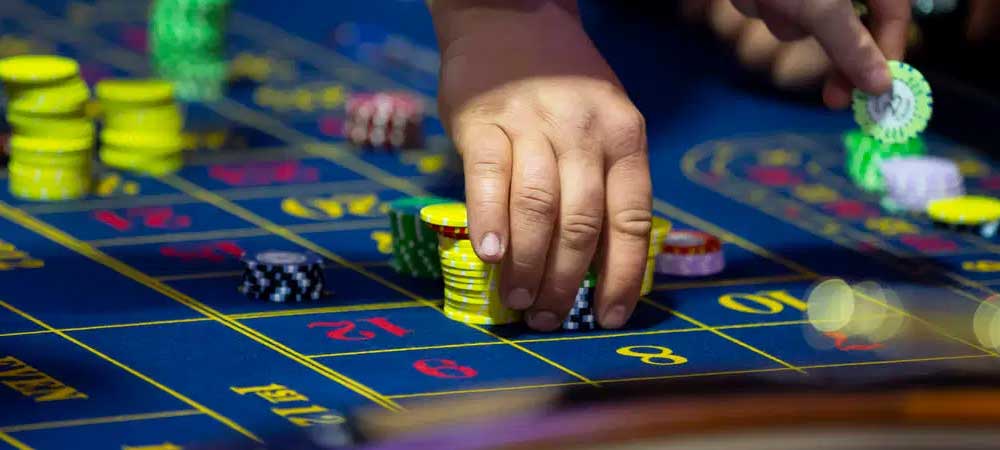- Nevada’s Gaming Commission introduced a self-exclusion list for online casinos.
- The list only applies to online casinos, as there are enforcement problems at land-based casinos.
- Such lists exist in other states, and while not necessarily effective at reducing problem gambling on their own, can be helpful to problem gamblers in other ways.
LAS VEGAS - The Nevada Gaming Commission has taken a step towards addressing problem gambling by introducing a self-exclusion list for online gambling.
This would mean that online gamblers could sign up for a list that would bar them from playing at any of the online gambling operators in Las Vegas.
While the self-exclusion list is currently online-only, it still represents a significant barrier that someone in treatment for problem gambling can put between themselves and relapse.
The list is not something that is up and running yet, but the Board mandated that such a list be created and maintained as soon as possible.
The Las Vegas Review Journal spoke to Alan Feldman of UNLV’s International Gaming Institute, who was in favor of the plan, although he did note that self-exclusion lists do not represent helping problem gamblers on their own.
Feldman did point to the existence of self-exclusion lists as a good thing, despite the lack of evidence for them actually reducing problem gambling.
“It’s because the act of signing up for it is a very validating and affirming action because it is now that moment where you’ve said, ‘I need to do something,’ and that often is a critical moment in a problem gambler’s journey,” said Feldman. “Does it actually do anything for them? Do they have a better outcome? Not really, but I wouldn’t throw it all away because of that.”
In other words, the symbolic importance of a self-exclusion list is what matters in terms of helping problem gamblers - it won’t reduce problem gambling on its own.
There are, of course, potential downsides to introducing self-exclusion lists for brick and mortar casinos - which Nevada has not done.
The problem with brick and mortar self-exclusion lists is that they are often enforced by law enforcement - and putting someone who is suffering from an addiction in the hands of law enforcement is not an ideal situation.
Feldman noted that Nevada’s self-exclusion list being online only was a good thing, and said that “So far, I think they’ve handled this appropriately.”
